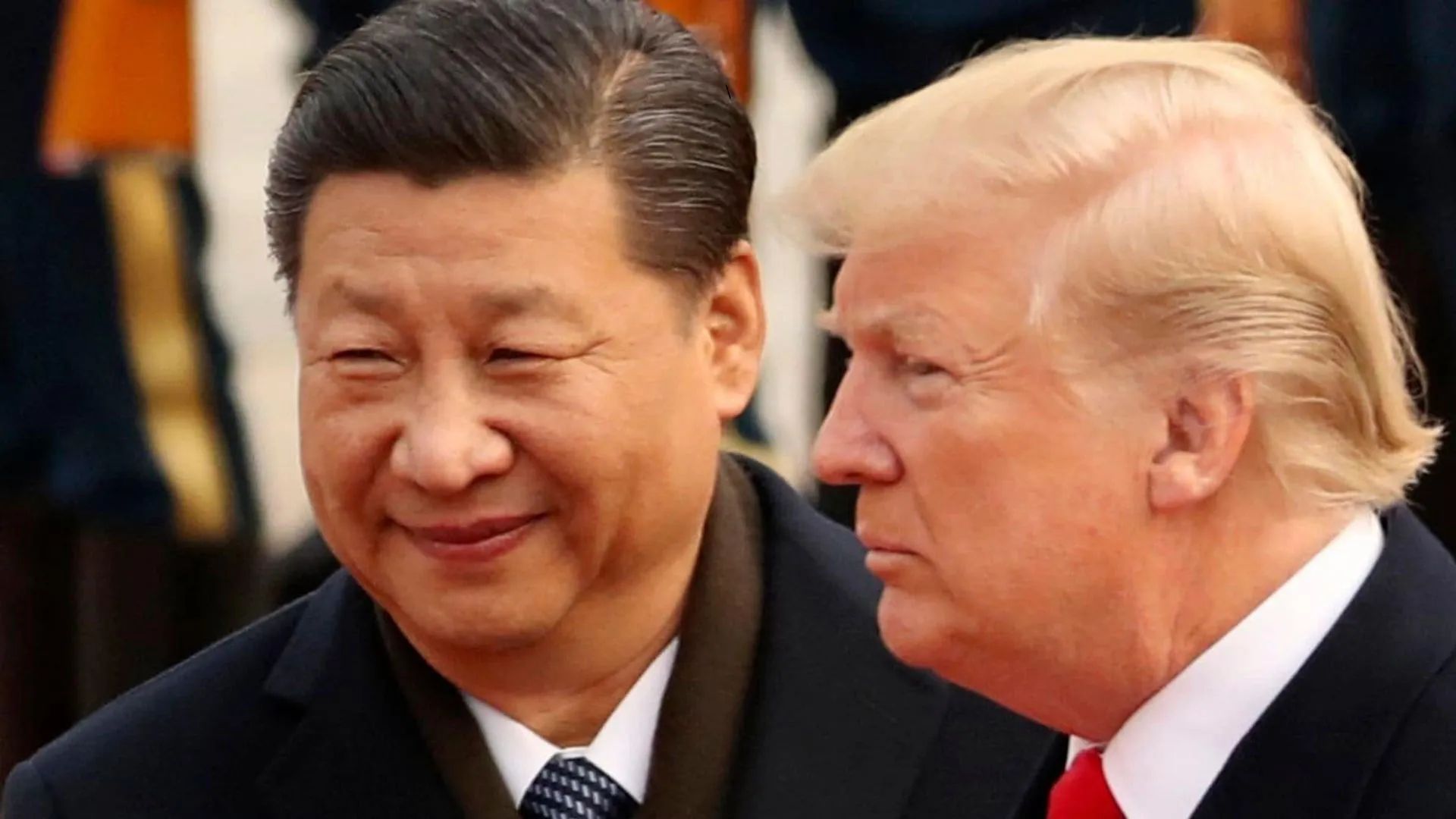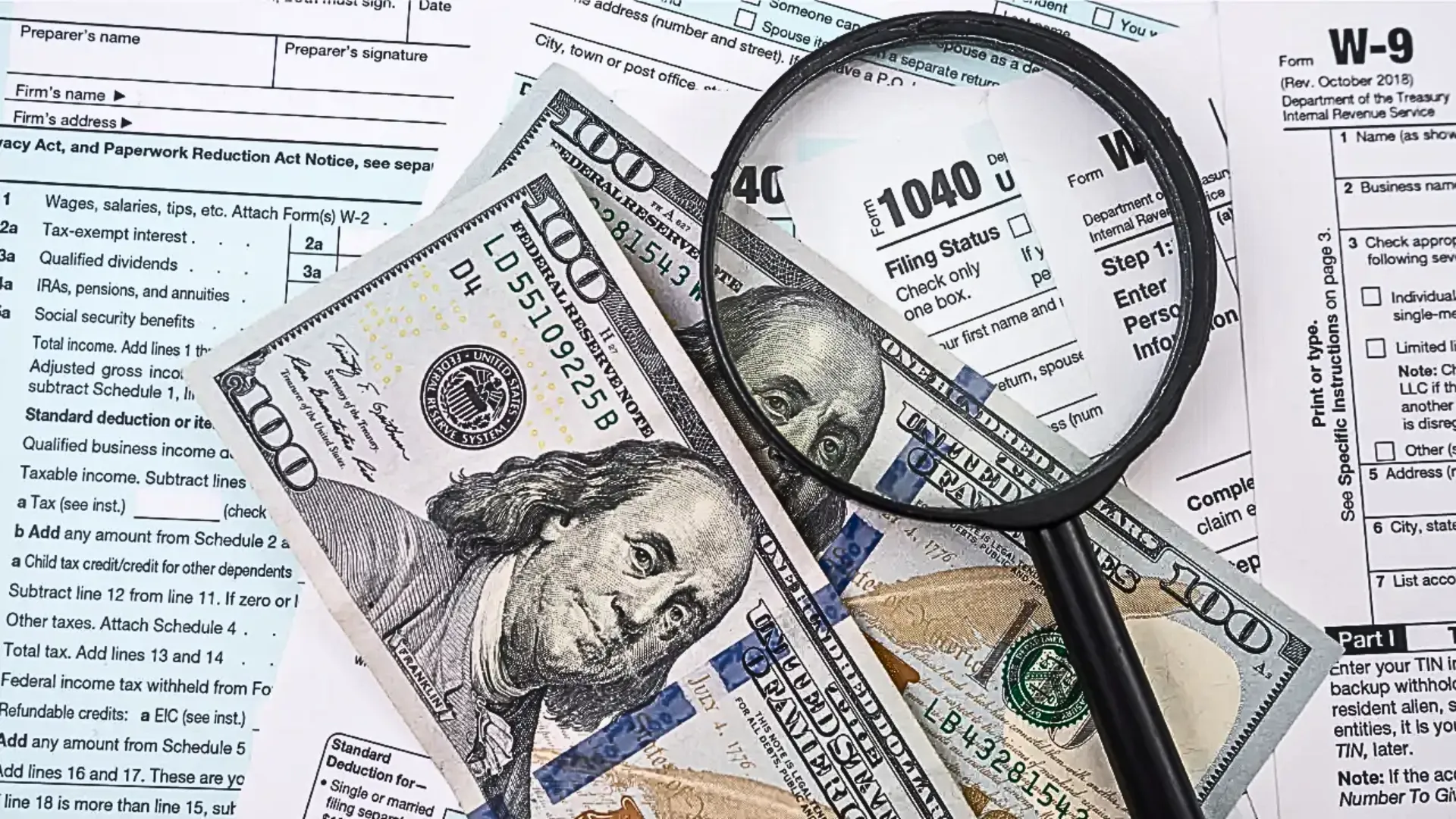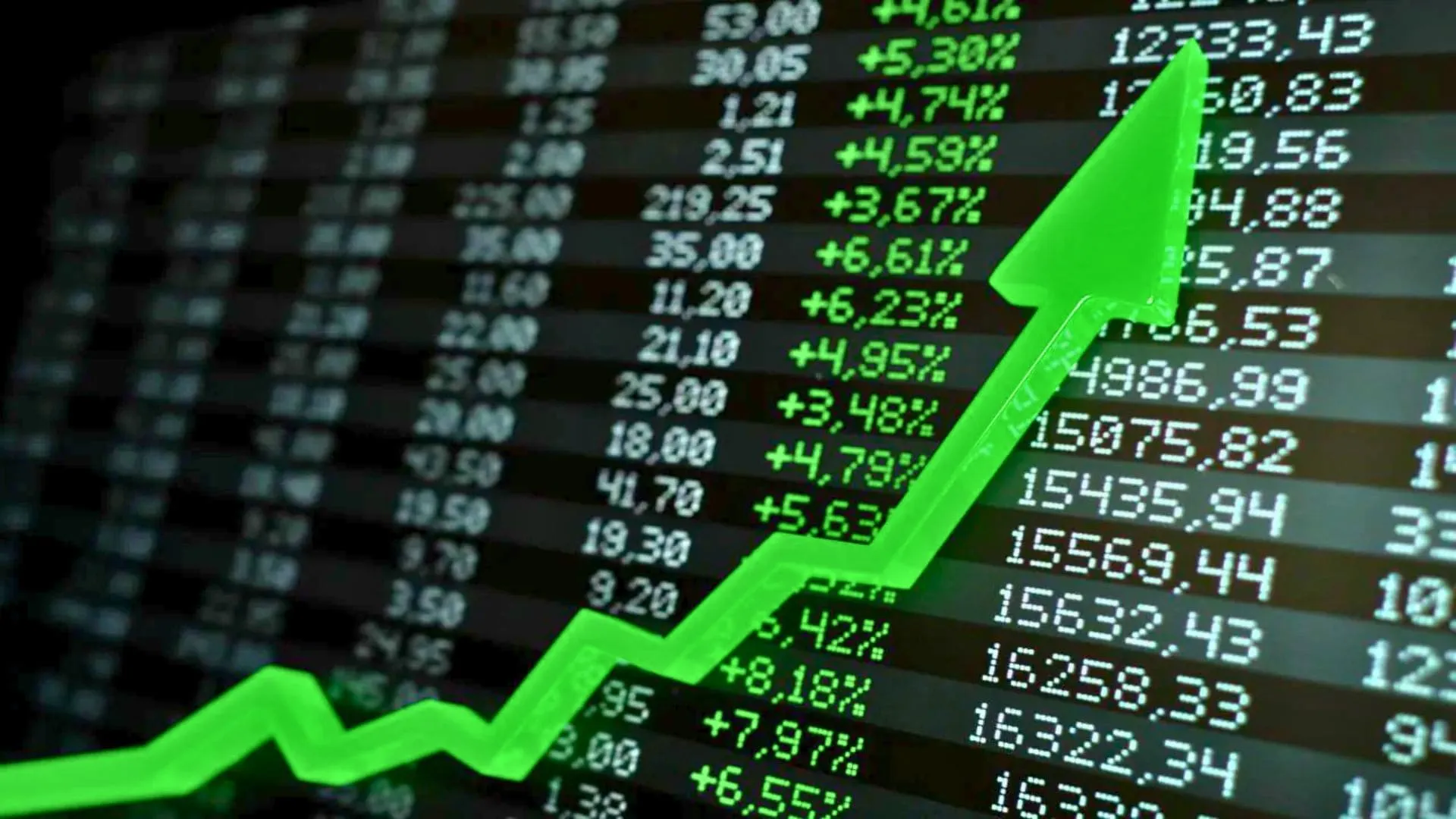US stock markets dropped sharply after President Donald Trump announced new reciprocal tariffs on April 2. This marked the worst financial fall since the COVID-19 pandemic. Wall Street faced its second straight day of heavy losses.
Markets React Sharply
Trump’s decision sparked fears of a global recession. As a result, the Dow Jones fell by 5.5%, and the S&P 500 dropped by 5.97% on Friday. According to AFP, the crash erased nearly $6 trillion. Most of this loss came from Americans’ investment and retirement savings.
Trump Dismisses Concerns
Despite the turmoil, Trump defended his move. He said the situation offered a chance to make money. On Truth Social, he posted, “To the many investors coming into the United States and investing massive amounts of money, my policies will never change. This is a great time to get rich—richer than ever before!!!”
Promises to Boost the Economy
Moreover, Trump claimed the tariffs would strengthen the US economy. He insisted that large companies supported his plan. He stated, “Big business is not worried about the Tariffs, because they know they are here to stay, but they are focused on the BIG, BEAUTIFUL DEAL, which will SUPERCHARGE our Economy. Very important. Going on right now!!!”
Trump also argued that the tariffs would push companies to manufacture goods in the United States. According to him, this would help create more jobs. However, for now, this goal remains distant.
China Strikes Back
In response, China announced a 34% tariff on US goods. This will take effect on April 10. Trump reacted strongly, writing, “China played it wrong, they panicked — the one thing they cannot afford to do!”
Not stopping there, China said it would file a complaint at the World Trade Organization. Additionally, it restricted exports of rare earth metals such as samarium, gadolinium, terbium, dysprosium, lutetium, scandium, and yttrium. These elements are critical for high-end medical and tech industries.
US Heavily Dependent on Chinese Metals
This move puts US industries at risk. A Bloomberg report stated that from 2020 to 2023, 70% of US rare earth imports came from China, based on USGS data.
Global Recession Fears Grow
Finally, the impact of these tariffs has gone beyond US borders. Global markets also reacted negatively, increasing the risk of a recession. According to the International Monetary Fund, a recession refers to a decline in economic activity. Most experts define it as two consecutive quarters of falling inflation-adjusted GDP. Very short declines do not count as recessions.









